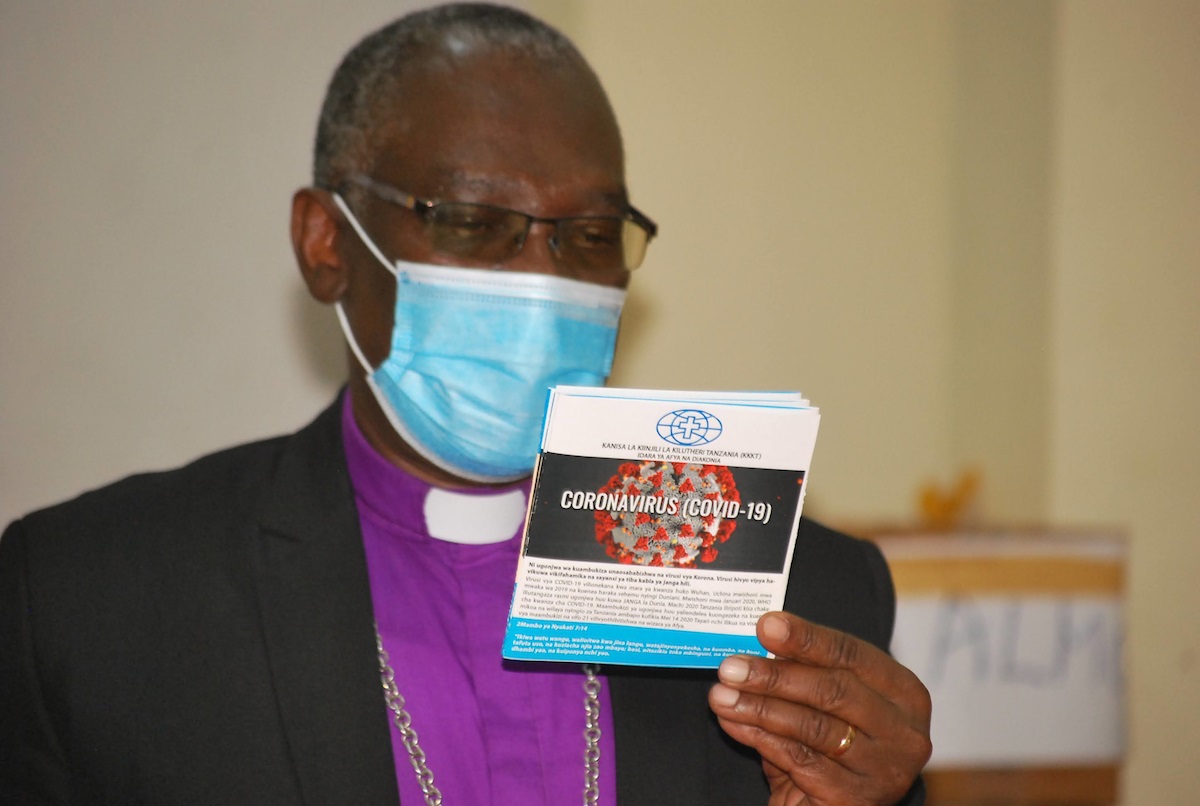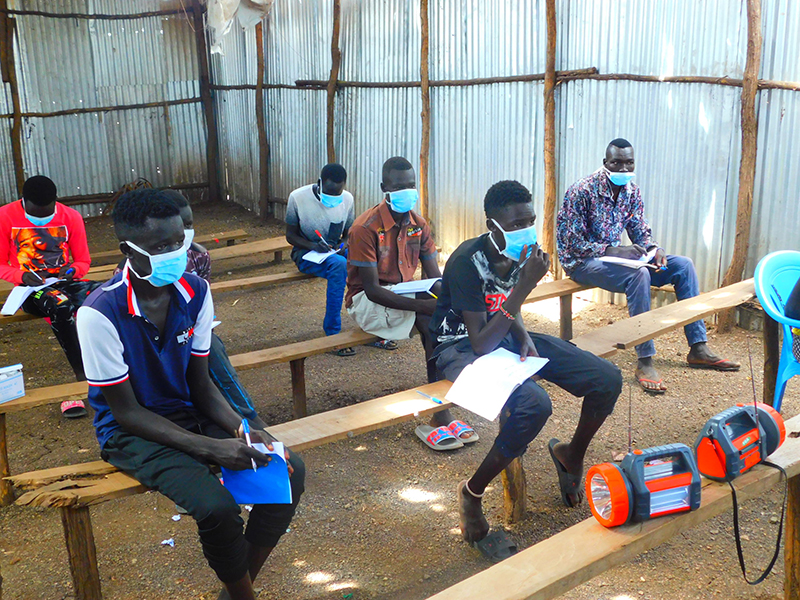ACT Alliance is one of over 100 religious leaders and faith-based organizations globally calling on leaders of the World Health Organization to secure equity commitments to protect all populations everywhere from future pandemics. The letter was delivered on the opening day of the intended final nine-day negotiating session in Geneva for the Pandemic Accord, a new international agreement of UN member states to bolster pandemic prevention, preparedness and response efforts.
“The sanctity of human life often seemed forgotten in the pandemic, with the lives of people in wealthy nations appearing to be valued over those in low- or middle-income countries,” states the letter. “As you enter the final stage of negotiations, we implore you to deliver an agreement that ensures every life is valued equally.”
Millions of people lost their lives during the COVID-19 emergency due to late and inequitable access to tests, treatments and vaccines. The letter urges negotiators to reach an agreement that ensures that everyone, everywhere can benefit from scientific advancement and that the tools needed to fight the next pandemic are shared equally, including necessary knowledge and technology.
It also urges negotiators to ensure that intellectual property barriers are removed when necessary, and that people in the Global South are “treated not as mere samples for pandemic monitoring, but as equal partners in a collective endeavour towards a healthier world.” Over the course of the pandemic, despite the sharing of genetic information that enabled production of effective vaccines, these products were not accessible to many. The proposed pathogen access and benefit sharing (PABS) mechanism in the agreement aims to remedy this by ensuring that sharing of pathogen data also enables equitable access to resulting medical tools.
Rudelmar Bueno de Faria, general secretary of ACT Alliance said, “We stand at a critical moment where the conscience of humanity must guide our actions. The inequities uncovered by the pandemic demand a response rooted in compassion and justice. As nations convene to shape the future of global health, let us not forget that every life is precious and deserving of equal protection. The Pandemic Accord must be a testament to our commitment to valuing every individual, regardless of their geography or socioeconomic status. We urge negotiators to seize this opportunity to ensure that the lessons learned from COVID-19 pave the way for a world where health equity is not just an aspiration, but a reality for all.”
Letter signatory Archbishop Thabo Makgoba of the Anglican Church of Southern Africa said, “As the world prepares for future pandemics, it is essential that it plans to give equal protection to all people, everywhere, not only for moral reasons but to protect one another. COVID-19 showed us that none of us are safe until all of us are safe, and that only a comprehensive response that covers the world can bring pandemics under control.”
The letter was organized by Public Citizen, in collaboration with the ACT Alliance, NETWORK Lobby for Catholic Social Justice and the People’s Vaccine Alliance.
The final text of the Accord is slated for presentation to the World Health Assembly in May.


